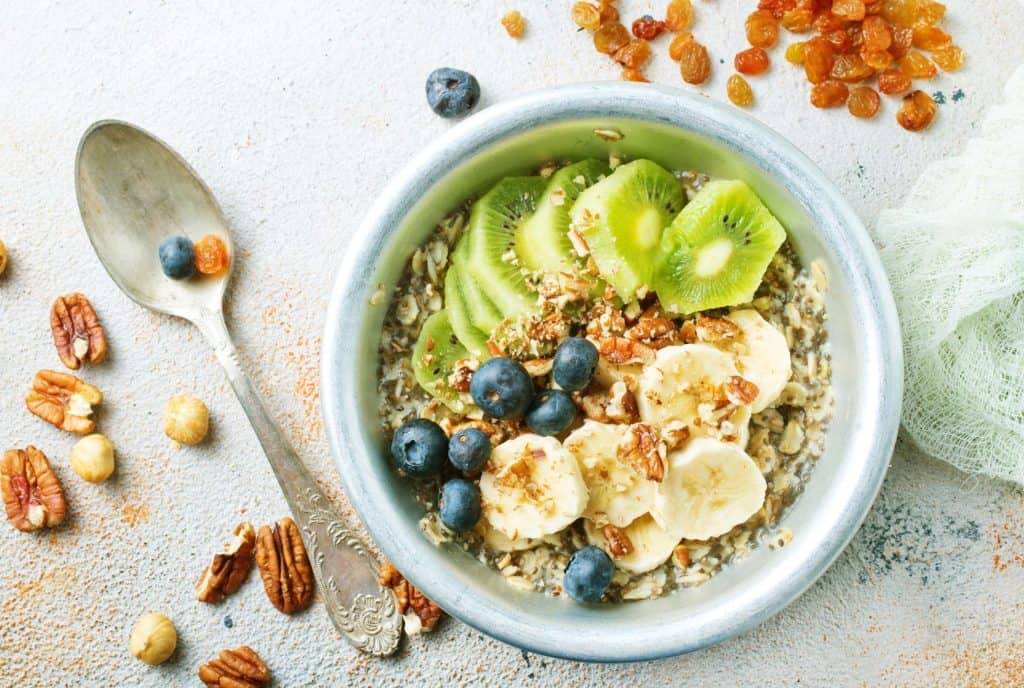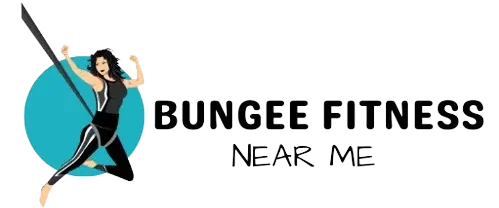How Nutrition Powers Better Results From Every Workout

You warm up, get into a rhythm, maybe even feel that first surge of energy. But halfway through the workout, something changes. Your legs feel heavier. Your focus slips. And by the end? You’re dragging, not just physically, but mentally. Relatable? You’re not alone.
The reason? It isn’t your routine. More often than not, it is nutrition. Yes. That’s right. It’s easy to think fitness is about eating little. Less sugar, less carbs, less fat. But even the smallest gaps in your meals can hold back your biggest progress.
Want to know how? Stay, then. In this article, we’ll look at how nutrition shapes every workout and why it might be the key piece you’ve been missing.
Let’s begin!
Gives You the Energy to Get Through Every Rep
Every movement your body makes during exercise relies on energy. And that power doesn’t magically appear — it comes from what you eat. If your meals don’t match your training, your body will struggle to keep up. You’ll feel slow, distracted, or drained halfway through.
For this, eat carbohydrates. They are your body’s main energy source during movement. But not all carbs are equal. Complex ones like oats, sweet potatoes, and whole grain bread break down slowly, giving you a steady supply of energy rather than a quick spike.
Timing is also key. Eat a light, balanced snack 60 to 90 minutes before working out. A toast with avocado, or a banana with almond butter, can provide the fuel you need to keep moving with purpose all the way through.
Supports the Systems You Can’t See
Exercise doesn’t just affect the muscles you see in the mirror. It also challenges your heart, blood vessels, kidneys, and how your body manages blood sugar. When nutrition falls short, these internal systems often take the hit, sometimes without you realizing it.
For those managing Diabetes and kidney disease, that strain can be even greater. These conditions already impact how well your body regulates fluids, filters waste, and processes glucose. Without the right nutrition in place, even light activities like swimming or walking can lead to fatigue, discomfort, or unexpected dips in blood sugar.
To support these systems, focus on nutrients like potassium, phosphorus, sodium, and high-quality protein. Also include hydrating, fiber-rich options like watermelon, cucumbers, berries, or legumes. These help support energy and stability from the inside out.
If you’re looking for more detailed guidance, many nonprofit health organizations provide blog resources written or reviewed by experts. These cover everything from food choices to tips tailored for these conditions. You’ll also find contact info on most of these platforms, so you can reach out for personalized support if needed.
Helps You Recover Faster
Recovery is where progress actually happens—but only if your body has what it needs to repair and rebuild. After training, your muscles begin to heal, your glycogen stores refill, and inflammation is managed. Without the right nutrients, this process slows down, making you sore, sluggish, and less ready for your next session.
Within one to two hours after a workout, eat something that combines protein and complex carbohydrates. Think a boiled egg on whole grain toast, a smoothie with banana and low-fat milk, or a bowl of low-sodium lentil soup.
These combinations help muscles rebuild and restore your energy without feeling heavy. Even on days when you’re not hungry after a workout, a small, balanced option can go a long way.

Keeps You Consistent and Prevents Burnout
Progress in fitness isn’t just about how hard you train; it’s about how often you can show up. And that becomes much harder when your body is constantly tired, sore, or under-fueled. That’s where smart nutrition again makes all the difference.
When meals are balanced with enough healthy fats and fiber, your blood sugar stays steady. That means fewer energy crashes, better focus, and a more stable mood. You won’t feel the mid-afternoon drag that makes working out feel like a chore.
Instead, your body starts to crave the rhythm because it feels supported. And this doesn’t require a total diet overhaul. Try starting your mornings with chia seed pudding and berries or adding flaxseeds and walnuts to a salad for lunch.
These foods contain omega-3s, fiber, and healthy fats that help you stay focused and reduce fatigue. Even simple adjustments like swapping sugary snacks for hummus and raw veggies, or sipping coconut water instead of energy drinks, can have a noticeable impact.
Closing Lines
Food plays a bigger role in fitness than most people realize. When your meals match your workouts, your body responds with better energy, faster recovery, and long-term consistency. Start with small changes on your plate, and let those changes power your progress — one rep, one meal, and one step at a time.
